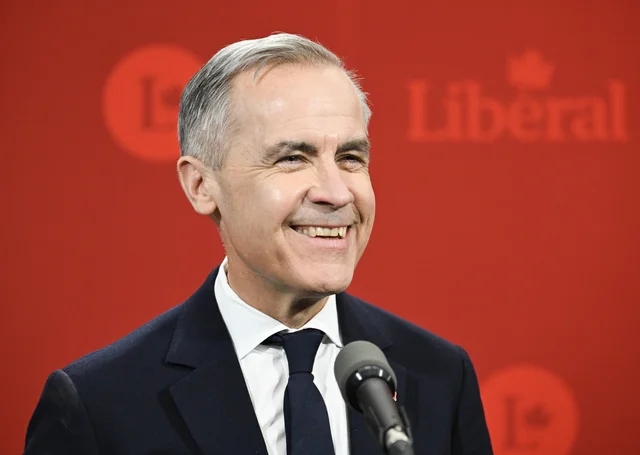Canadian Prime Minister Mark Carney has announced a snap election to be held on April 28, just days after taking office. This move comes in the wake of his recent appointment as leader of the Liberal Party, following the resignation of Justin Trudeau.
The 58-year-old Carney, a former central banker, was elected to lead the Liberal Party, a centre-left political group in Canada. His decision to call for an early election has stirred political discussions, with many speculating that the upcoming contest will be dominated by Canada’s fraught relationship with its southern neighbor, the United States.
Since Carney’s appointment, Conservative Party leader Pierre Poilievre has remained at the top of many opinion polls, but increasing tensions with U.S. President Donald Trump have allowed the Liberal Party to regain ground. Trump’s recent provocative statements, including his suggestion of potentially annexing Canada, have heightened concerns regarding the nation’s sovereignty.
During his announcement of the snap election, Carney pointed to the tariffs imposed on Canadian goods by the U.S. as “unjustified” and vowed to fiercely contest President Trump’s actions. “We are facing the most significant crisis of our lifetimes because of President Trump’s unjustified trade actions and his threats to our sovereignty,” Carney stated. “Trump wants to break us so America can own us. We will not let this happen.”
Carney has also outlined plans for tax cuts aimed at the middle class, as well as furthering Canada’s trade and defense partnerships with allies like the United Kingdom and France. Notably, Carney highlighted a new defense agreement with Australia, including a $6.5 billion deal to procure advanced radar equipment for Canada.
Trump’s ongoing rhetoric has further fueled the political tension, repeatedly referring to Canada as the “51st state” and mocking Carney’s predecessor, Justin Trudeau, as “Governor Trudeau.” Trump has also imposed tariffs on Canadian steel and aluminum, ramping up the trade dispute between the two countries.
Despite Carney’s lack of political experience—he has never held elected office—his leadership bid was buoyed by his strong stance against Trump and his financial expertise. He won the Liberal leadership two weeks ago, presenting himself as the best candidate to handle the growing tensions with the U.S.
Laura Stephenson, a political science professor at Western University in London, Canada, believes Carney’s inexperience may not be as significant a hindrance as one might expect. “Given the Trump factor, voters are likely to be more forgiving of Carney’s lack of traditional political experience,” she explained. “The comparison is not just about policy but about who can stand up to Trump and protect Canadian interests.”
After being sworn in as Prime Minister on March 14, Carney had previously indicated his intention to seek a fresh mandate from voters through an early election. While he had until October to call a federal election, Carney’s decision to fast-track the vote underscores the urgency he perceives in addressing both domestic and international challenges.
As the election date approaches, all eyes will be on how Carney positions himself against Trump’s ongoing threats and how his leadership will resonate with voters concerned about Canada’s place in an increasingly volatile global landscape.




